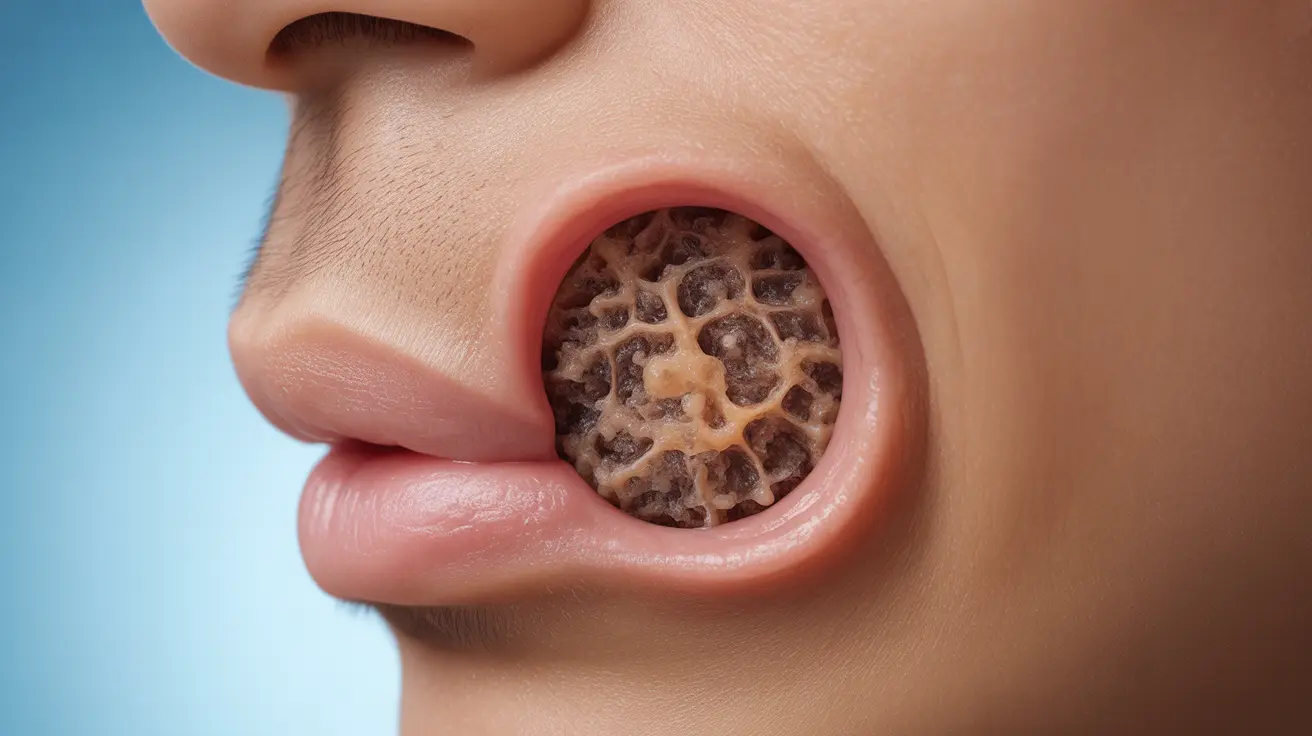Dealing with clogged pores can be frustrating and affect both your skin's health and appearance. These tiny openings in your skin play a crucial role in releasing natural oils and sweat, but when they become blocked with excess oil, dead skin cells, and debris, various skin issues can develop.
Understanding how to properly address and prevent clogged pores is essential for maintaining clear, healthy skin. This comprehensive guide will explore the causes, prevention methods, and most effective treatments for dealing with this common skin concern.
Understanding Clogged Pores and Their Causes
Clogged pores occur when dead skin cells, sebum (natural oil), and other impurities become trapped within the hair follicles. Several factors can contribute to this condition:
- Excess oil production
- Dead skin cell accumulation
- Makeup and skincare product buildup
- Environmental pollutants
- Hormonal changes
- Poor skincare habits
When these factors combine, they can lead to enlarged pores, blackheads, whiteheads, and even acne breakouts if left untreated.
Prevention Strategies for Clear Pores
The best approach to managing clogged pores is preventing them from occurring in the first place. Here are essential preventive measures:
Daily Cleansing Routine
Establish a consistent cleansing routine using gentle, non-comedogenic products. Wash your face twice daily, and always remove makeup before bed to prevent pore blockage.
Choose the Right Products
Select skincare and makeup products labeled as "non-comedogenic" or "oil-free" to minimize pore-clogging. This is especially important for moisturizers and sunscreens, which you use daily.
Effective Treatment Methods
Professional Treatments
Several professional treatments can effectively address clogged pores:
- Chemical peels
- Professional extractions
- Microdermabrasion
- Laser treatments
- Medical-grade facials
At-Home Solutions
Many effective treatments can be performed at home:
Safe Exfoliation
Use gentle chemical exfoliants containing salicylic acid or glycolic acid to remove dead skin cells and unclog pores. Physical exfoliation should be done sparingly to avoid irritation.
Steam Treatments
Facial steaming can help soften the contents of clogged pores, making them easier to clean. However, limit steaming sessions to 5-10 minutes to prevent skin irritation.
Clay Masks
Natural clay masks can help draw out impurities from pores. Use these 1-2 times weekly for best results.
When to Seek Professional Help
While many clogged pores can be treated at home, certain situations warrant professional attention:
- Persistent or severe breakouts
- Deep, painful cysts
- Scarring
- Skin that doesn't respond to over-the-counter treatments
- Widespread blackheads or whiteheads
Frequently Asked Questions
- What causes clogged pores and how can I prevent them?
Clogged pores are caused by excess oil production, dead skin cells, makeup, and environmental factors. Prevention includes regular cleansing, using non-comedogenic products, and maintaining a consistent skincare routine.
- What are the most effective home treatments to safely unclog pores?
The most effective home treatments include gentle chemical exfoliation with BHA or AHA products, clay masks, proper cleansing, and steam treatments. Always be gentle with your skin and avoid harsh physical scrubs.
- How do exfoliation and steam help in treating clogged pores?
Exfoliation removes dead skin cells and unclogs pores, while steam softens the contents of clogged pores and increases circulation. Together, they make pore-clearing more effective and less traumatic to the skin.
- Can using pore strips or homemade masks damage my skin?
Yes, aggressive use of pore strips or harsh homemade masks can damage your skin by disrupting its natural barrier and causing irritation. It's better to use gentle, proven methods and products designed for your skin type.
- When should I see a dermatologist for clogged pores and acne?
Consult a dermatologist if you experience persistent breakouts, deep or painful cysts, scarring, or if over-the-counter treatments aren't effective after several weeks of consistent use.




